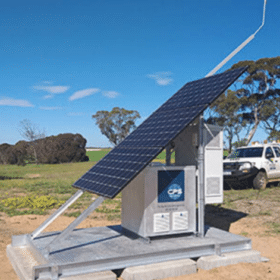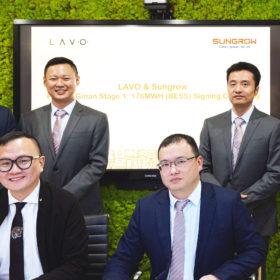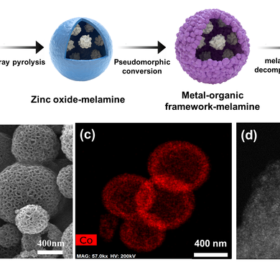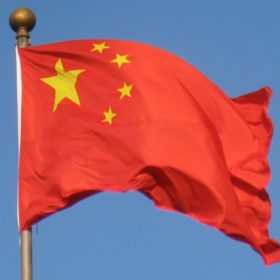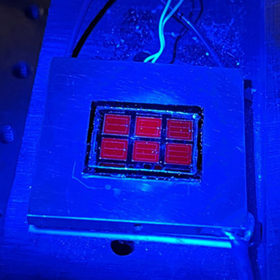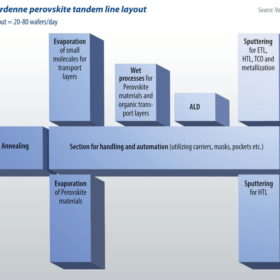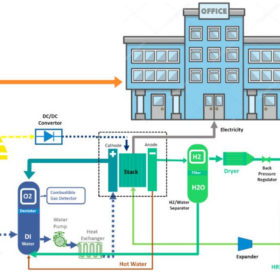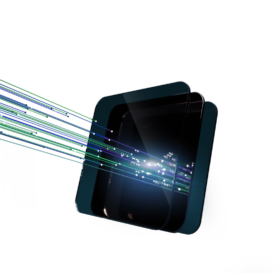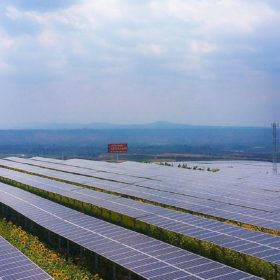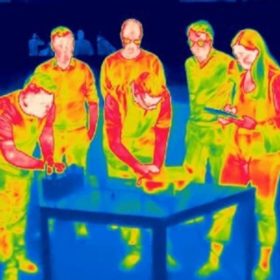Standalone power system to be allowed in the NEM from August
The Australian Energy Regulator has begun consultations to allow distributor-led standalone power systems (SAPS) to become part of the national electricity system. Proving highly successful in Western Australia, these SAPS could soon be properly rolled out in the east.
Sungrow’s new battery to be deployed in 16 mid-scale Victorian solar farms from Lavo
Chinese inverter brand Sungrow has signed a 79 MW inverter and 176 MWh battery energy storage contract with Sydney-based hydrogen battery company Lavo. The contract will see Sungrow add its storage solution to 16 mid-scale solar farms in Victoria.
Hydrogen: cobalt-based single-atomic catalysts with 40% improved performance
South Korean researchers have developed an atomic cobalt-based catalyst technology that is suitable for catalyst development in a range of fields, including fuel cells, water electrolysis, solar cells, and petrochemicals. The European Commission, meanwhile, has announced plans to support green hydrogen.
China’s cumulative PV capacity tops 322 GW
In other news, Zhonghuan Semiconductor announced it will begin selling 210 mm n-type wafers and the local government in Zhejiang Province said it wants to deploy another 12.4 GW of new PV by 2024.
Quantum well superlattices for a new world record cell efficiency of 39.5%
Scientists in the United States have fabricated a triple-junction solar cell that reached 39.5% efficiency – a world record for any type of cell under one-sun illumination. Though relying on materials and processes that are still too costly for most commercial uses, the concept could soon see actual applications in powering satellites and other space-bound technology.
Weekend read: Making tandem cells stack up
Perovskite tandem technology is shaping as the route to PV cell efficiencies well beyond 27%. But building the tandem stack in a way that can be scaled into gigawatt production is not a trivial challenge, says Sebastian Gatz, VP photovoltaics for German equipment supplier Von Ardenne.
Cost comparison between lithium batteries, fuel cells, reversible solid oxide cells as storage for off-grid rooftop PV
Scientists in the United Arab Emirates have looked at how off-grid rooftop PV could be combined with batteries, fuel cells or reversible solid oxide cells for energy storage. The modelling assumed a typical commercial building in Los Angeles.
Amazon invests in novel solar cell production facility
Ambient Photonics will build a fully automated manufacturing facility to produce solar cells for powering consumer electronics.
Emissions-free battery recycling facility will use electricity rather than smelting
ACE Green Recycling has announced plans to build a new plant in Texas to recycle both lead-acid and lithium-ion batteries.
UNSW researchers crack ‘night-time’ solar
Researchers from the University of New South Wales have made a major breakthrough in what was previously conceived of only in theoretical terms, namely, ‘night-time’ solar power.
